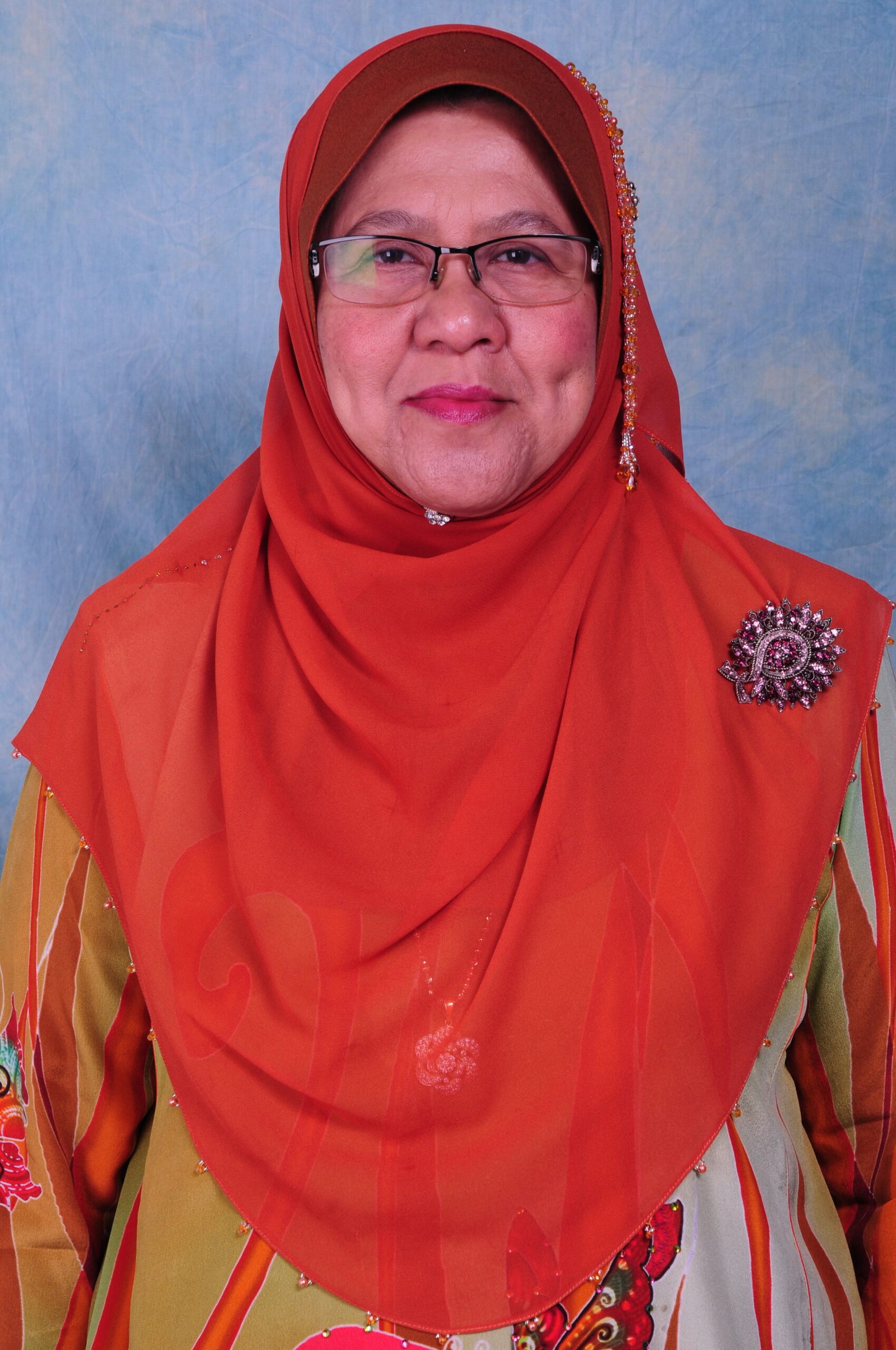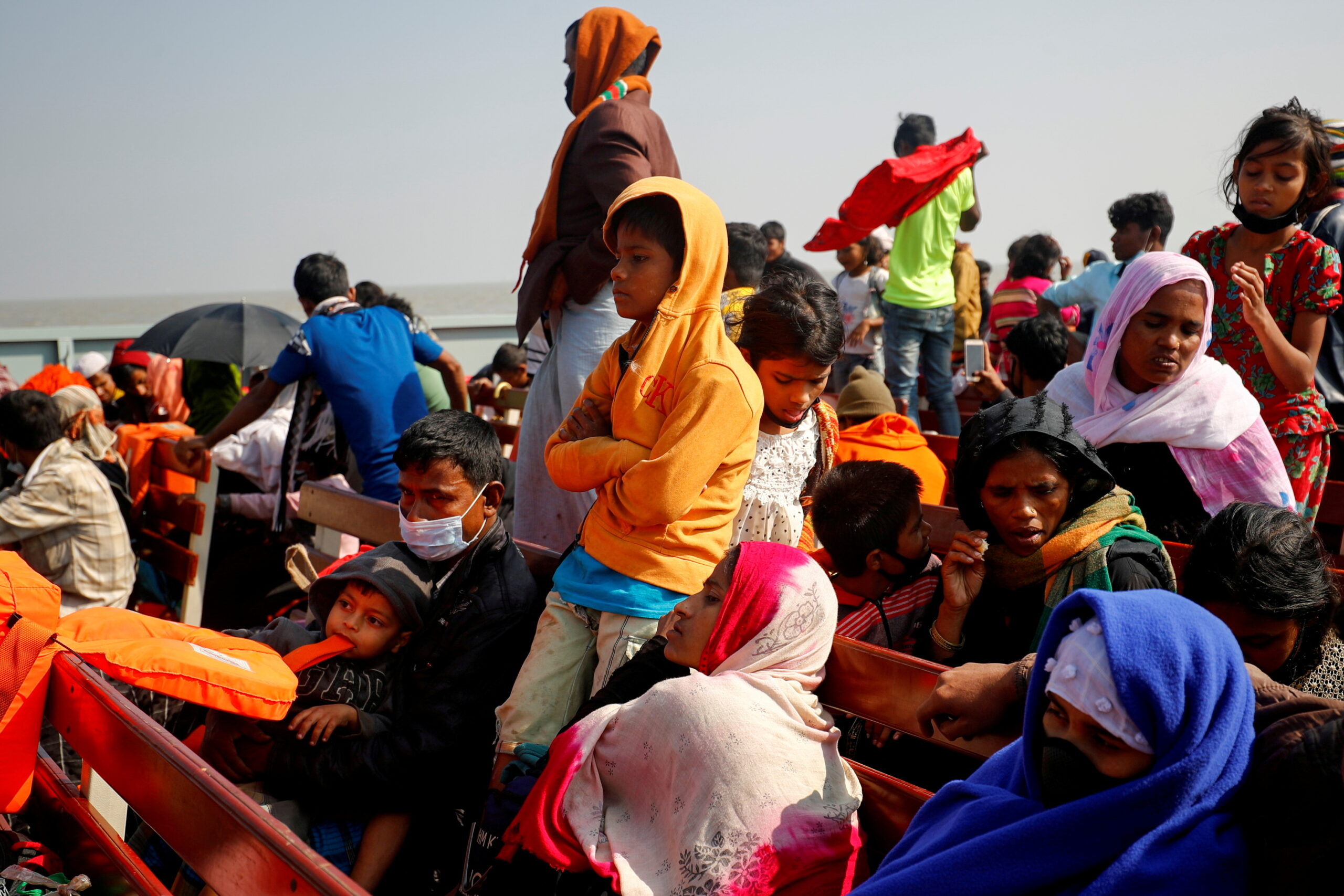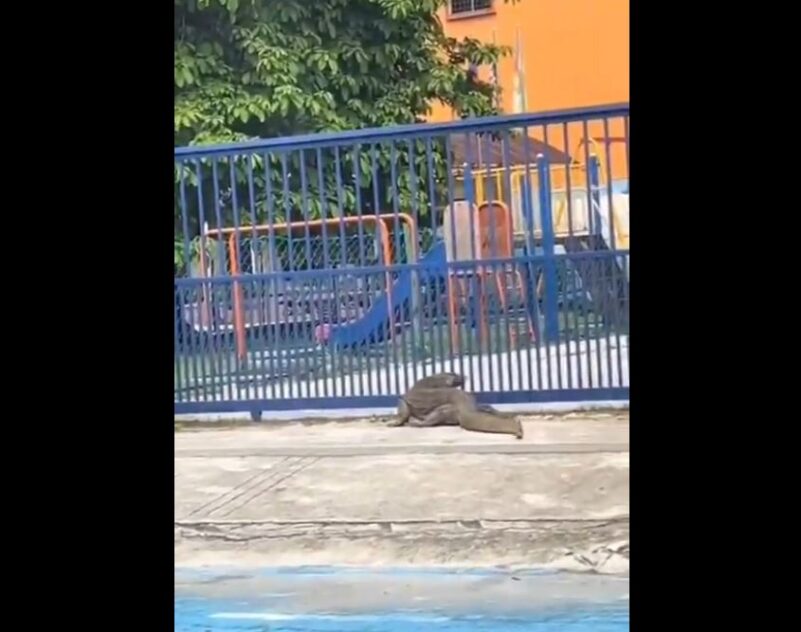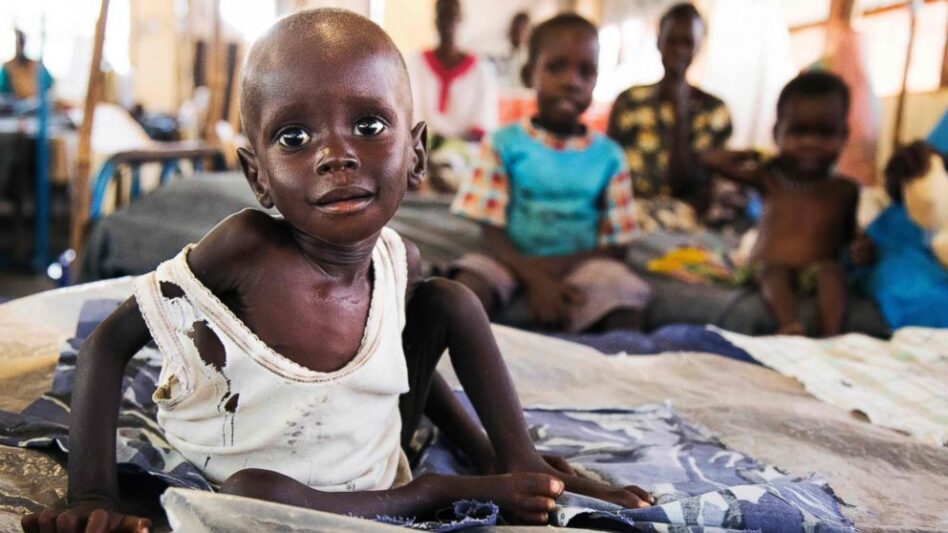THE OFFICE of the Child’s Commissioner (OCC) wants to assess the conditions of Immigration Department depots, following the deaths of six children and almost 150 Indonesians in its detention centres in recent years.
The OCC, a unit parked under the Human Rights Commission of Malaysia (SUHAKAM), added it was not made aware of the six custodial child deaths by any party.
“The OCC will obtain further information from the Immigration Department on the circumstances surrounding the death of the children,” SUHAKAM Commissioner Prof Datuk Noor Aziah Mohd Awal told FocusM.
“Following the appalling number of deaths within the last two years and concerning reports on the conditions of Immigration depots, the OCC hopes to conduct verification visits to assess the conditions of depots in Sabah, where possible.

“Further to this, the OCC also hopes to issue specific and stern directions on the improvement of conditions,” added Noor Aziah, who oversees children’s issues.
Last Wednesday (July 20), Home Minister Datuk Seri Hamzah Zainudin told Parliament that there have been 298 deaths – including six children – in Immigration Department depots nationwide since 2020. No reasons were given.
This revelation came almost a month after Hamzah said the recently reported deaths of 149 Indonesians in Immigration depots in Sabah over the last 18 months were unfortunate but “inevitable” as “anyone can die anywhere and at any time”.
Noor Aziah said the OCC supports calls for inquest proceedings to be held, as made by human rights group Lawyers for Liberty, for transparency’s sake.
“The ill-treatment, neglect and abandonment of children are offences under the Child Act 2001. If committed by public authorities or institutions, they must be investigated by the police, and the persons responsible, charged.
“The (reported custodial deaths) warrants (having) inquests.”
“Duty to protect children in depots”
The Government, she added, has a duty to ensure the safety and wellbeing of all children in its depots, since Malaysia ratified the Convention on the Rights of the Child (CRC).
Under the CRC, Malaysia must ensure that children access education and the highest attainable standard of health, besides taking the best interest of the child into account in any decisions made by Government bodies.
“Notably, following the removal of its reservations to Article 22 (of the CRC) in 1998, Malaysia must also ensure that refugee children are given adequate protection and humanitarian assistance, and recognise that children are entitled to the same protections accorded to other children (Article 22),” Noor Aziah added.
She also noted that while the Immigration Act 1959/1963 does not make any distinction between adults and children, the detention of children should only be done as a last resort, as stipulated in the Child Act.
“Children found violating the immigration laws and are set for repatriation may still be detained at immigration depots (as per the Immigration Act).
“From our visits to Immigration depots, there are unaccompanied children, and if they are above the age of 10, they stay with adults.
“Supersedes other laws”
“However, the OCC posits that the Immigration Act must be read with the Child Act, particularly considering that the latter is the lex specialis (a specific law that overrides other general laws) governing children.”
Unless the child is charged with a grave crime – which excludes immigration offences – Noor Aziah said the courts must release children in custody on a bond.
The courts must also do so if it is within the best interest of the child that they are removed from contact with any “undesirable” person or if the release would defeat the ends of justice.
“Beyond this, the Child Act 2001 also emphasises other child rights principles, such as the separation of children from adults (Section 85 – relevant where the child is unaccompanied).
“There is also a 24-hour time lapse in bringing the child before a magistrate [Section 84(1) and (2)] compared to the 14-day period provided under Section 51(5)(b) of the Immigration Act,” she said.
She also cited a 2018 High Court ruling where a continual order detaining seven Rohingya children under detention pending deportation was set aside, in lieu of the Child Act and CRC provisions aimed at providing protection and assistance to children indiscriminately.
“While High Court decisions are not binding on other courts, this decision reflects the ideal interpretation of the law pertaining to children and immigration,” she said.
Noor Aziah, meanwhile, called for a mandatory child custodial death reporting system between SUHAKAM and the Government, to enable immediate and independent action.
At present, there is no legal or administrative requirement for the Government to notify the OCC of such deaths when they take place, and the OCC only finds out about them through public disclosures and periodic information requests.
This is in addition to monitoring visits to such institutions and after individual complaints are lodged by family members. – July 30, 2022









